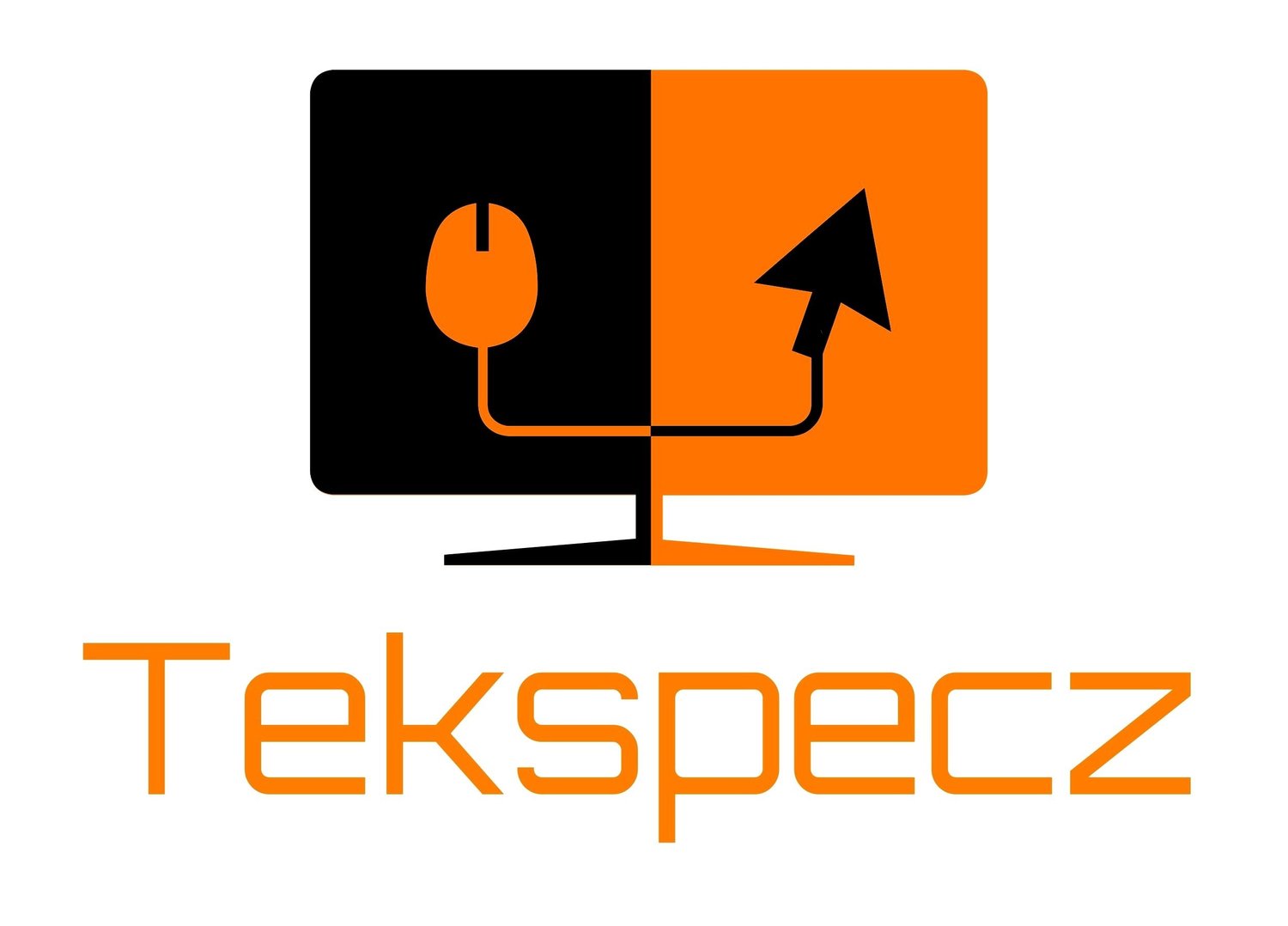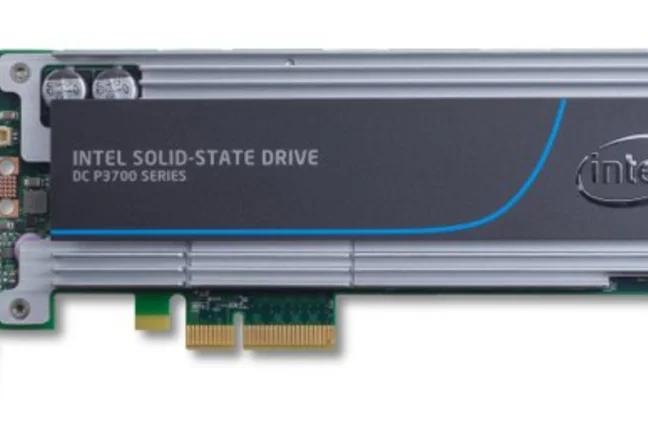What exactly is NVMe? As the title goes its acronym for Non Volatile Memory express. Before we even begin to understand what the technology is,lets go back in time with a little history lesson.
Solid state drives went full market back in 2008, back then it was revolutionary form of storage technology,having solid state storage where there is no moving parts within. But it rapidly became clear to many back then solid state storage would not be a rapid fix, as the drive itself turn out to be the most complex and unstable piece of component.
80GB SSD circa 2008
Often at times,solid state drives delivered different types of data performance and had a lot to be desired in longevity. Fast forward circa 2015, SSD's are far more stable,with less lag and stutter. You can now get a 250GB storage capacity SSD at a much cheaper price for $150 compare to 2008 where SSD's with much less capacity ran you almost $500. Saying goes in the tech inner circle,once you go SSD,you'll never go back to the slow,mechanically driven hard drive.
The problem with SSD's today is it still uses SATA interface technology where the transfer speed is a mere 6GB/s and it also still uses the old legacy AHCI (advance host controller interface) technology which was reserved for the archaic spinning drives.
In comes NVMe, where once again its acronym for non-volatile-memory express,this optimizes high performance with a scalable host controller interface that uses a PCIe slot.The biggest benefits of using NVMe is vast improvement in both random and sequential performances by reducing latency. In translation for the less tech knowledgeable,this means PCIe based SSD will read and write data faster without using a great deal of power.
For the most part PCIe based drives is still in its infancy,but you're starting to see them pop up more and more. It seems more and more storage drive manufacturers are implementing their version of PCIe based SSD,you're seeing it with Samsung,Crucial and Plextor. The Benefits of course are huge,aside from the speed which we already talked about,there is no contention of cables and doesn't compromise space within your computers chassis . As I mention in my past post,PCIe based SSD's will soon be main staple in desktop computing for years to come.




